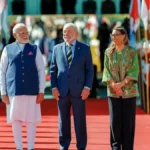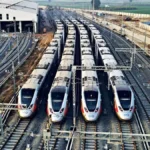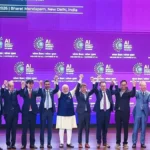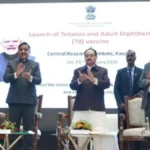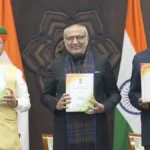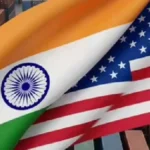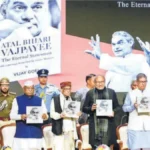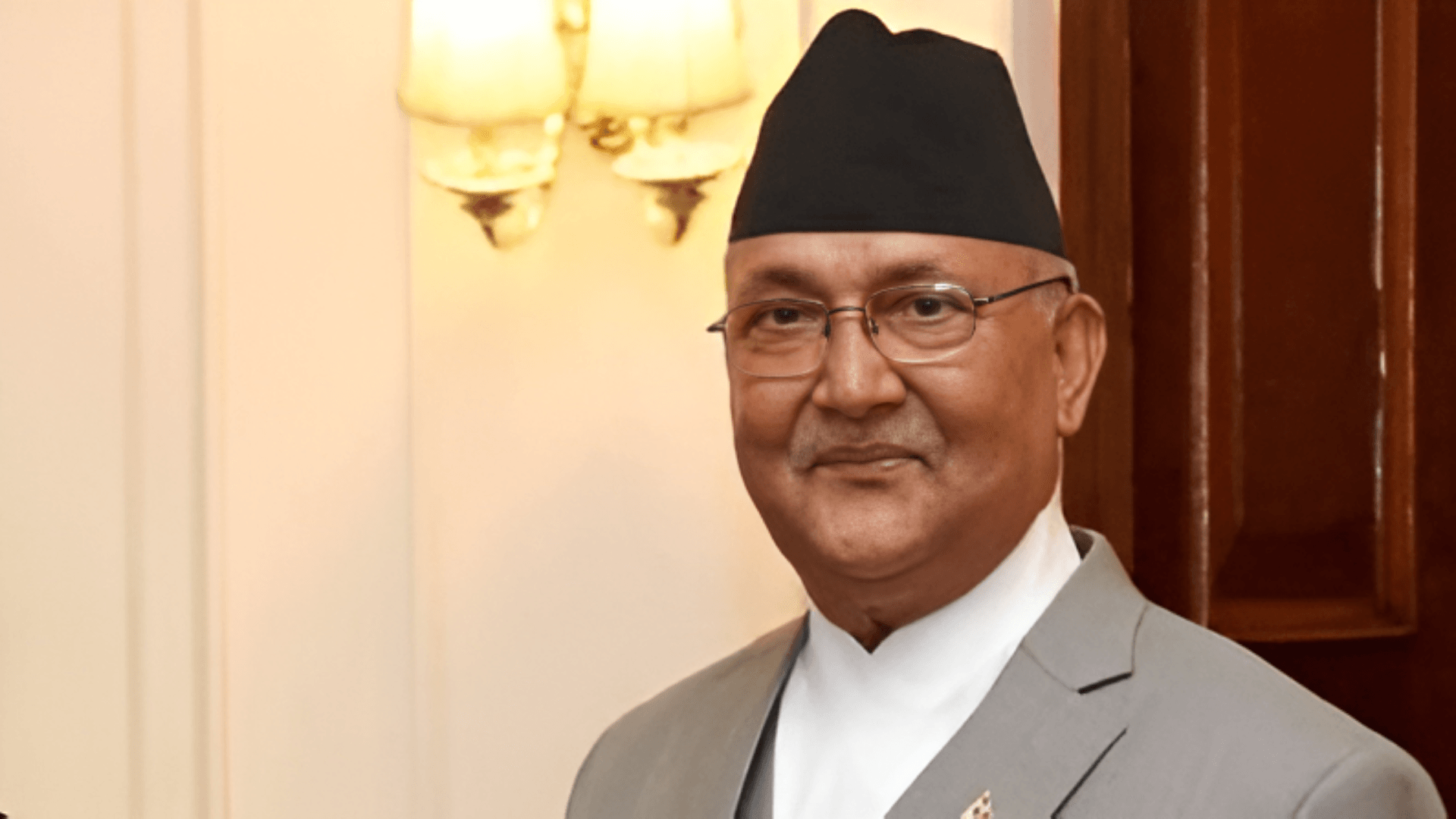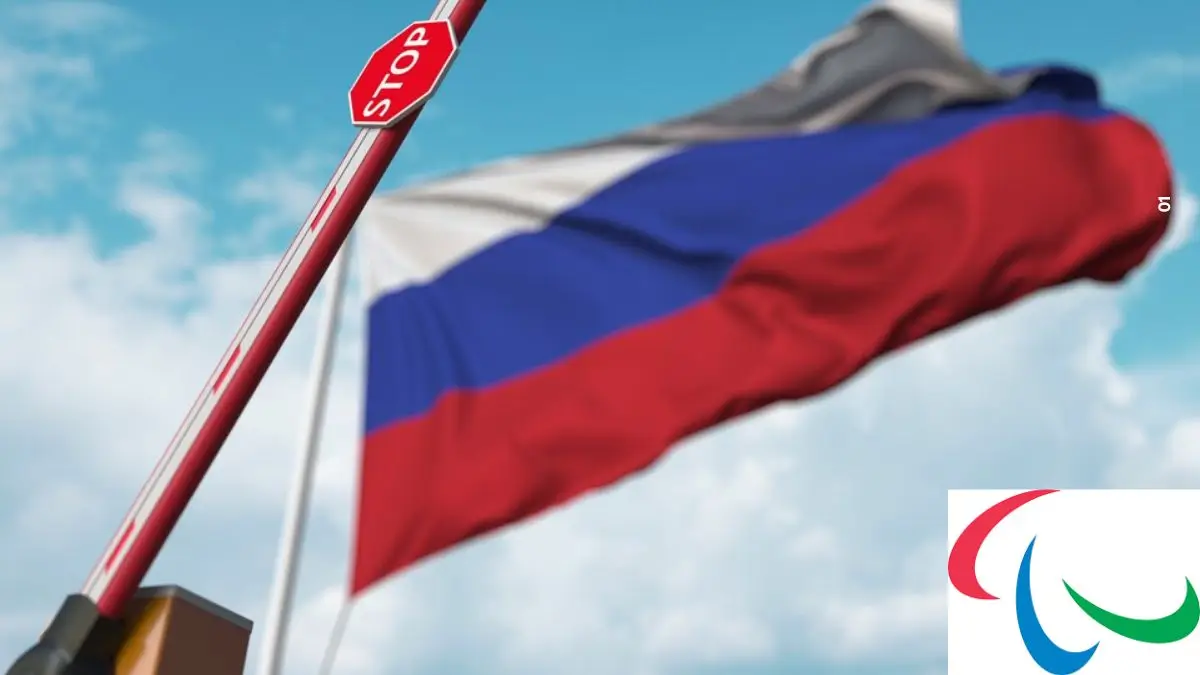KP Sharma Oli Appointed as Nepal’s New Prime Minister
KP Sharma Oli’s Appointment
KP Sharma Oli has been appointed as Nepal’s new Prime Minister, marking his return to the top political office in the country. Oli, the leader of the Communist Party of Nepal (Unified Marxist–Leninist), was appointed by President Bidya Devi Bhandari following the resignation of Sher Bahadur Deuba. Oli’s reappointment is a significant event in Nepal’s political landscape, as he previously served as Prime Minister from 2015 to 2016 and from 2018 to 2021.
Political Stability and Challenges Ahead
Oli’s appointment comes at a critical juncture for Nepal, which is grappling with multiple challenges including political instability, economic recovery post-pandemic, and ongoing issues related to federalism and governance. Oli’s experience and leadership will be crucial in navigating these challenges and ensuring political stability. His previous tenure was marked by both achievements and controversies, making his current term one to watch closely.
Focus on Economic Development
One of Oli’s primary focuses during his previous terms was economic development and infrastructure growth. His government initiated several key projects, including the development of highways and hydropower projects. In his new term, it is expected that Oli will continue to push for economic reforms and development projects aimed at boosting Nepal’s economy and improving the living standards of its citizens.
Diplomatic Relations and Foreign Policy
Oli’s tenure will also be significant in terms of Nepal’s foreign policy, especially its relations with neighboring countries like India and China. During his previous terms, Oli was known for his strong stance on national sovereignty and his efforts to balance relations between India and China. His reappointment may influence Nepal’s foreign policy direction and its engagement with international partners.
Reaction from Political Parties and Citizens
The appointment of KP Sharma Oli has elicited mixed reactions from various political parties and the public. While some view his return as a positive step towards stability and development, others are skeptical due to the controversies and challenges faced during his previous terms. It remains to be seen how Oli will address these concerns and unify the political landscape in Nepal.
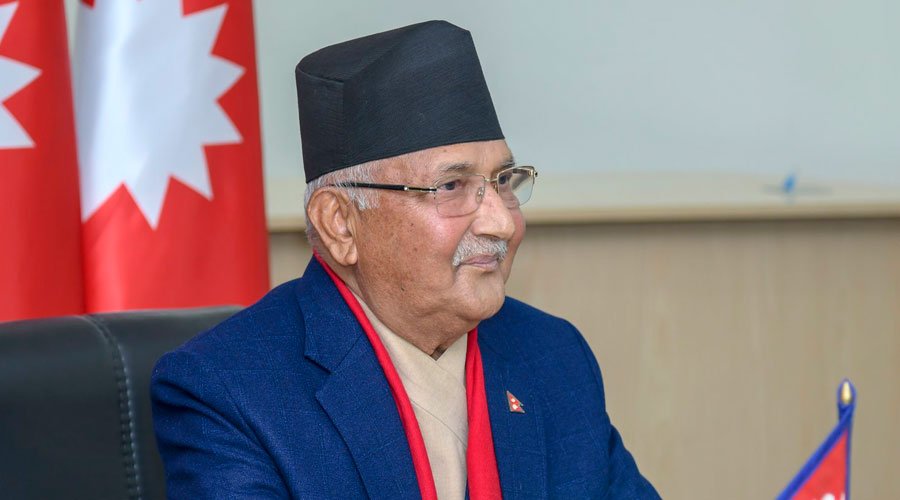
Why This News is Important
Political Stability in Nepal
The appointment of KP Sharma Oli as Nepal’s new Prime Minister is crucial for the country’s political stability. Given the history of frequent changes in leadership, Oli’s experience and leadership are expected to bring a degree of stability, which is essential for the implementation of long-term policies and development projects.
Economic Development and Reforms
Oli’s focus on economic development is significant for Nepal’s growth prospects. His previous initiatives in infrastructure development and economic reforms had a notable impact, and his reappointment signals the continuation of these efforts. This is particularly important for students preparing for exams related to economic policies and development.
Diplomatic Relations
Nepal’s diplomatic relations, especially with India and China, are of great strategic importance. Oli’s approach to balancing these relationships and his stance on national sovereignty are key aspects for students to understand in the context of international relations and foreign policy.
Governance and Federalism
Oli’s appointment also highlights ongoing issues related to governance and federalism in Nepal. His policies and decisions in this area will shape the country’s administrative structure and its implementation of federalism, making it a relevant topic for students studying governance and public administration.
Public and Political Reactions
The mixed reactions to Oli’s appointment reflect the complexities of Nepal’s political landscape. Understanding these dynamics is essential for students preparing for exams in political science and related fields, as it provides insights into the challenges of leadership and public policy.
Historical Context
Previous Tenures as Prime Minister
KP Sharma Oli has previously served as the Prime Minister of Nepal twice. His first term was from October 2015 to August 2016, and his second term was from February 2018 to July 2021. During these periods, Oli focused on economic development, infrastructure projects, and asserting Nepal’s sovereignty in international relations.
Key Achievements and Controversies
During his tenure, Oli initiated several key projects such as the construction of highways, promotion of hydropower projects, and the launch of the “Prosperous Nepal, Happy Nepali” campaign. However, his terms were also marked by controversies, including allegations of authoritarianism and challenges in managing the COVID-19 pandemic.
Political Landscape in Nepal
Nepal has experienced significant political changes and instability over the past few decades. The transition from a monarchy to a federal democratic republic in 2008 was a landmark event, and since then, the country has seen frequent changes in government. Understanding this historical context is crucial for comprehending the significance of Oli’s reappointment.
Diplomatic Balancing Act
Oli’s previous terms were notable for his efforts to balance Nepal’s diplomatic relations between India and China. His strong stance on national sovereignty and efforts to engage both neighboring giants were key aspects of his foreign policy, influencing Nepal’s position in the region.
Key Takeaways from KP Sharma Oli’s Appointment as Nepal’s New Prime Minister
| Serial Number | Key Takeaway |
|---|---|
| 1 | KP Sharma Oli has been appointed as Nepal’s new Prime Minister, marking his return to the top political office. |
| 2 | Oli’s reappointment is expected to bring political stability and focus on economic development. |
| 3 | Oli’s approach to balancing diplomatic relations with India and China is significant for Nepal’s foreign policy. |
| 4 | Public and political reactions to Oli’s appointment reflect the complexities of Nepal’s political landscape. |
| 5 | Understanding Oli’s previous tenures and the historical context of Nepal’s political changes is crucial for exam preparation. |
Important FAQs for Students from this News
1. Who is KP Sharma Oli?
KP Sharma Oli is a prominent Nepalese politician and the leader of the Communist Party of Nepal (Unified Marxist–Leninist). He has been appointed as Nepal’s Prime Minister multiple times, including his recent reappointment in 2024.
2. What are KP Sharma Oli’s main political goals?
Oli’s main political goals include economic development, infrastructure growth, and maintaining Nepal’s national sovereignty. He has initiated several key projects in these areas during his previous terms.
3. How does KP Sharma Oli’s appointment impact Nepal’s relations with India and China?
Oli is known for his diplomatic balancing act between India and China. His appointment is expected to continue this approach, aiming to maintain good relations with both neighboring countries while asserting Nepal’s sovereignty.
4. What were some of the controversies during Oli’s previous terms as Prime Minister?
Oli’s previous terms were marked by controversies such as allegations of authoritarianism, challenges in managing the COVID-19 pandemic, and issues related to political stability and governance.
5. Why is political stability important for Nepal?
Political stability is crucial for implementing long-term policies, ensuring economic growth, and maintaining public confidence in the government. It also helps in effective governance and addressing national challenges.
Some Important Current Affairs Links



